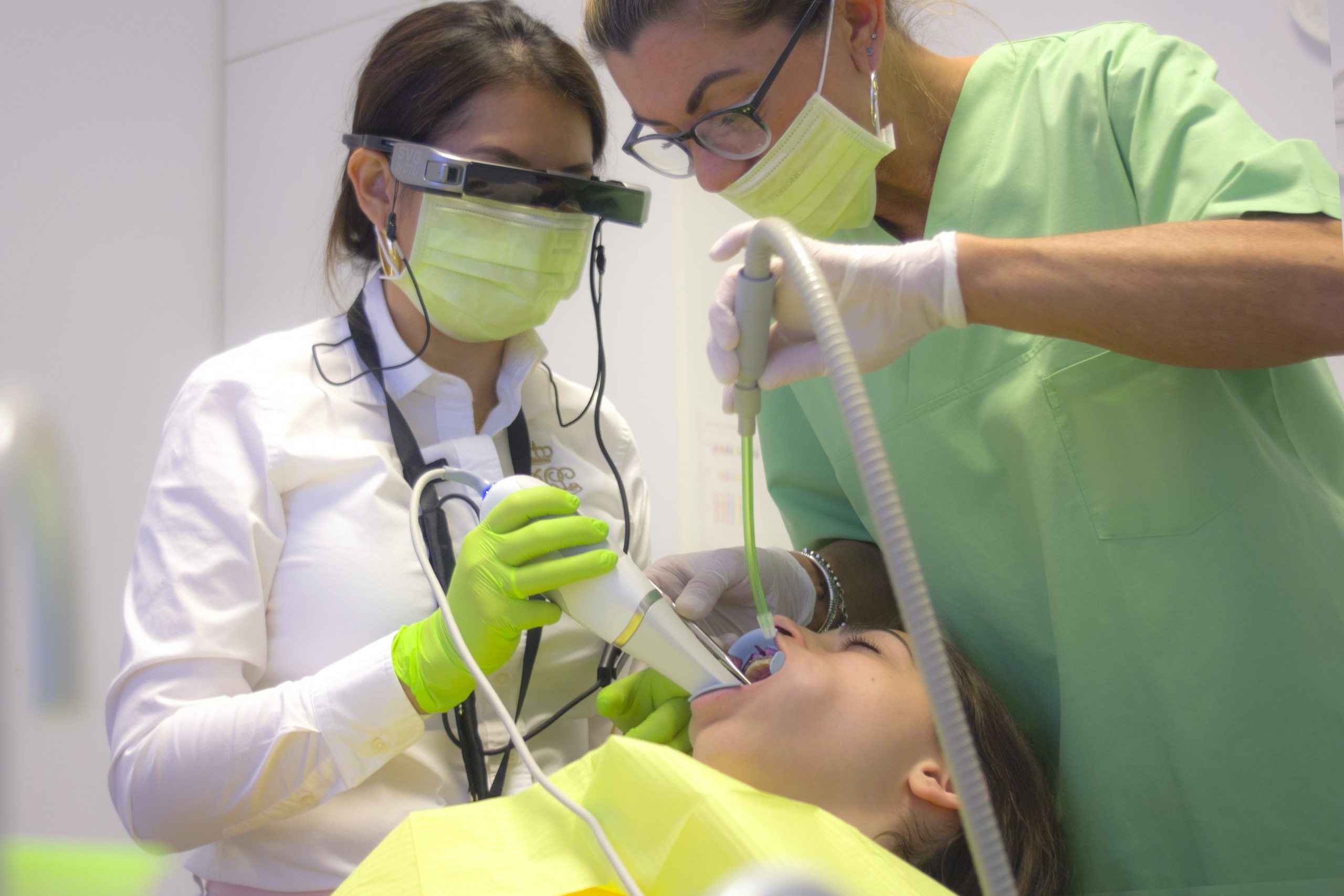
RFID Solutions and its benefits in the Healthcare Sector
The Medical Miracle: The Evolution of RFID Solutions for the Healthcare Sector. Technological advances and the growing presence of RFID healthcare companies are driving this trend. If patient safety is a major healthcare goal, it is also critical to integrate a well-maintained, self-regulating RFID system.
IBM estimates that the average cost of a data breach for a healthcare organization in 2020 will be about $ 7.13 million. Thus making security automation an important aspect of security.
With RFID and RFID solutions, it can track people and stocks in real-time and help healthcare providers get more information.
A very much data-driven like approach to RFID solutions in systems in healthcare is seen. There is no one size fits all model for RFID infrastructure in healthcare and the patients they serve.
RFID technology provides a robust and automated data collection system. It enables hundreds of medical applications to improve patient safety, improve surgical instrument management, service personnel and patient workflows, automate replenishment and sterilizing quality and processes. It also manages the locations of the medical devices, also automatic chain management supply. Create customized automated inventory tracking solutions with additional features such as quality checks to reduce product sourcing with delivery time from 3 hours to 5 minutes.
Tablet Tray Refill Accuracy Reduce staff time by 15 minutes/tray to replenish tablet trays daily. Avoid purchasing additional equipment and improve CAUTI results by automatically tracking assets. Tracking and Tracking Pharmaceuticals are Effective management of withdrawals.
The latest technology of this brand is RFID. According to radio frequency
the global healthcare RFID market size was estimated at $ 2.58 billion in 2018 and is expected to grow at a CAGR of 22.4% by 2025. will reach approximately $ 12 billion by 2027.
By reading the data above, we now know that RFID use is increasing day by day, paving the way for healthcare software development services and healthcare application development. Company.
With the development of RFID in the healthcare sector, the demand for RFID systems has also increased in the market.
New Market Research by Global Industry Analysts Inc. (GIA) published registration and analysis in their RFID report in Healthcare Global Market Tracking.
RFID can be used in various combinations with existing systems to improve the way healthcare facilities are improved, saving healthcare professionals time and effort while providing patient care. Opportunities for innovation and new inventions are enormous and RFID solutions for healthcare are being born.
The purpose is to examine the extent of benefits of RFID solutions technology adoption in the healthcare sector and provide guidance on how to overcome potential barriers. The purpose of this literature review is to examine the benefits and barriers of RFID technology adoption in the healthcare sector and provide recommendations for overcoming potential barriers.
While RFID technology holds promise for the healthcare industry, there are several risks or barriers to its adoption, including economic, technical, organizational issues, legal and regulatory issues. Before an RFID technology system can be successfully deployed, the risks and barriers inherent in the organization must be assessed to ensure the most appropriate and appropriate technology choice. Overall, the cost of implementing and maintaining RFID technology can discourage organizations from using this technology; Therefore, before implementing RFID, an organization must conduct a complete cost-benefit analysis. Medical organizations would also benefit from assessing the success of RFID in supply chain management.
RFID can provide more sophisticated patient identification services than standard barcode technology due to its ability to communicate the latest data in real-time. through real-time identification and transmission of information and alerts, but also includes a reduction in administrative time. Thanks to the national mandate of the HITECH Act to introduce new medical information technologies and improve healthcare services, RFID technology has shown great promise for the healthcare industry.










